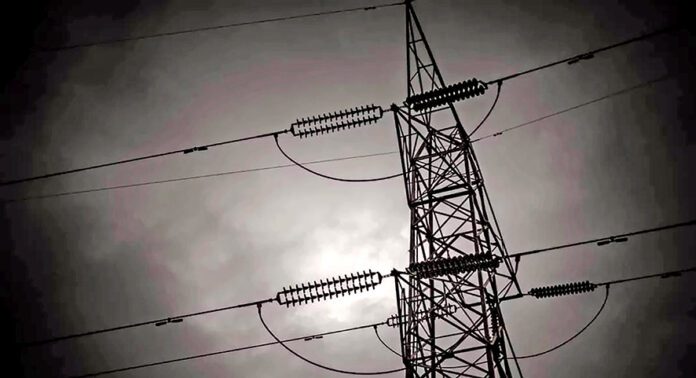Spectrum Utility Management (SUM), a private company led by the ANC heavyweight Mathews Phosa, on Friday unveiled an innovative plan to help the country’s townships and towns manage the crippling debts owed to Eskom.
SUM intends to bridge the gap between Eskom and municipalities indebted to the state-owned power utility by collecting revenue to help them clear their debts and maintain financial stability.
In 2022, the power utility declared that approximately 96 municipalities across the country were indebted to the power utility, a debt estimated at R56-billion. The power utility is rocked by multiple problems of its own. They include financially unsustainable models and its inability to provide electricity to communities.
The state-owned entity has appealed to various government entities to devise a practical plan to reduce municipalities’ debt since the utility was already in financial distress and could not take on more debt.
SUM on Friday presented a potential solution to the debt crisis. The company’s plan, as outlined by its director and former Mpumalanga premier, is to replace Eskom with alternative sources of energy. This will include nuclear, solar and hydrogen.
Revenue from electricity payments would be collected by SUM and distributed to municipalities to settle their debts and meet other financial obligations.
“When they owe so much money to Eskom, they get bankrupt and are not able to meet their other obligations. What we do, is we remove Eskom, we plug our energy in nuclear, solar, and hydrogen. We then collect revenue,” said Phosa.
He continued: “We supply the towns and townships with electricity, and streetlights go on. When people pay for electricity, we collect revenue and give it to municipalities to pay Eskom. They pay Eskom and fulfil other obligations”.
“We capacitate the towns, townships, and cities with electricity. We do revenue collection for municipalities to be able to pay Eskom and service their debts. We are not as expensive as Eskom. We are cheap,” said Phosa.
In his inaugural budget speech in February, Finance Minister Enoch Godongwana revealed the government would absorb 70% of Eskom’s debt. The utility’s financial problems were exacerbated by corruption, theft, vandalism of infrastructure and the illicit energy sector.
He said struggling municipalities unable to pay their bills escalated the financial distress, and this debt accumulates over the years, largely because of Eskom’s lenient collection practices. Despite their failure to pay, Eskom continues to supply power to defaulting municipalities.
The treasury’s plan involves leveraging the R254-billion debt relief package announced in February. It requires Eskom to write off one-third of the principal debt, interest, and penalties for every participating municipality each year over a three-year period up until February 2023.
However, municipalities must meet strict criteria, such as making regular payments for their current Eskom bills for 12 consecutive months, setting tariffs that reflect costs, and installing smart prepaid meters, to qualify for the debt write-off.
Defaulting municipalities that fail to apply for debt relief would have their electricity operations taken over by the National Treasury. In addition, they would have their distribution licences revoked by the National Energy Regulator and transferred to another entity.
Phosa on Friday noted that businesses that did not pay their electricity bills contributed to the problem. His organisation has taken on the role of a debt collector to ensure that outstanding debts were paid in full.
“We have discovered that many businesses get away with murder. We move like a wheelbarrow from business to business collecting the money owed. We become debt collectors.”
Phosa said that SUM’s services would be much cheaper than Eskom’s, as they do not impose fixed rates on their clients. Instead, they assess each municipality’s needs and charge accordingly.
He said his organisation’s approach was focused on providing “smart solutions that help municipalities recover from debts and remain financially stable”.
Managing director of SUM Dewald Pretorius said the company, which is “an infrastructure management firm at its core” was committed to establishing South African-made “Smart Cities” throughout the country, providing a comprehensive service including software development, hardware manufacturing, data mining, and artificial intelligence, and that these services were specifically tailored for the “local government and utility markets”.
Mahikeng executive mayor Tshepiso Mphehlo in North West said his municipality had successfully paid off its debt and had done so without the help of SUM. Nevertheless, Mphehlo expressed his appreciation for SUM’s expertise, stating that it could provide significant relief to other municipalities.
“I am proud we do not owe Eskom not a single cent. We are serious about putting Mahikeng in a better position. We do have other debts that we are dealing with,” he said.
Follow @SundayWorldZA on Twitter and @sundayworldza on Instagram, or like our Facebook Page, Sunday World, by clicking here for the latest breaking news in South Africa.



